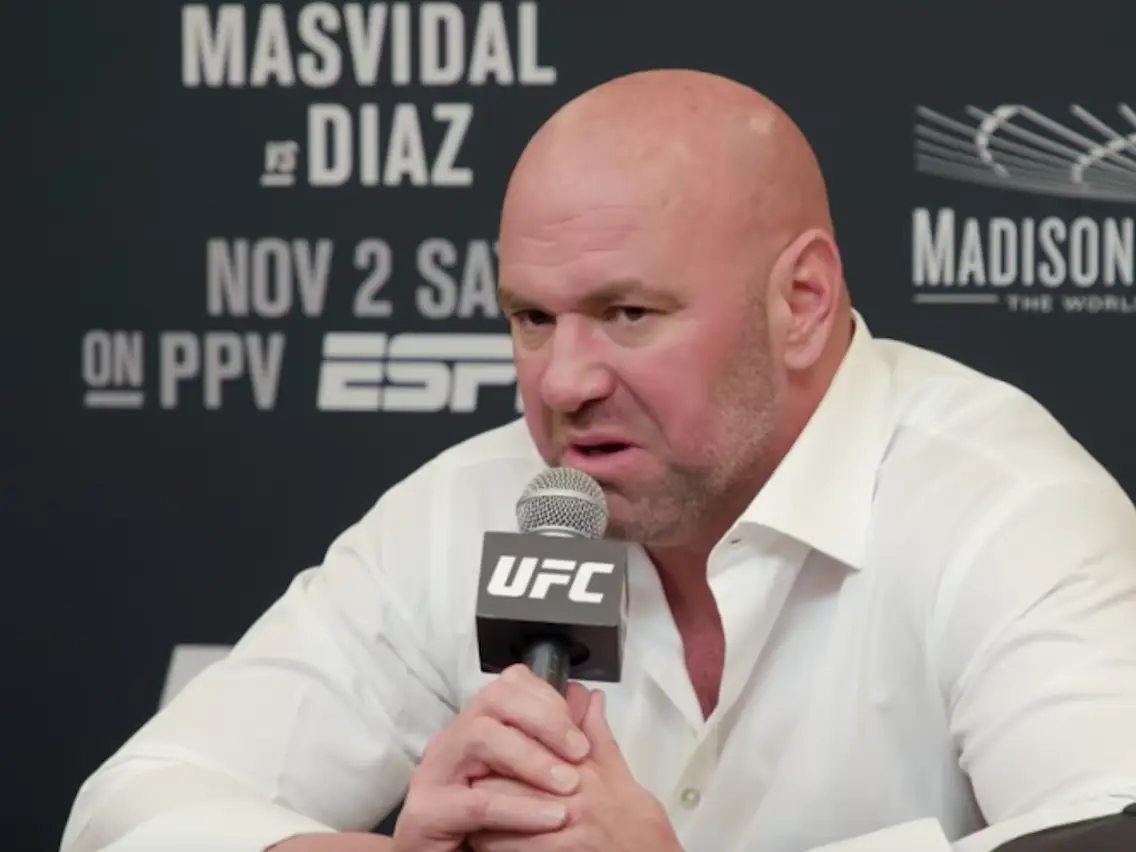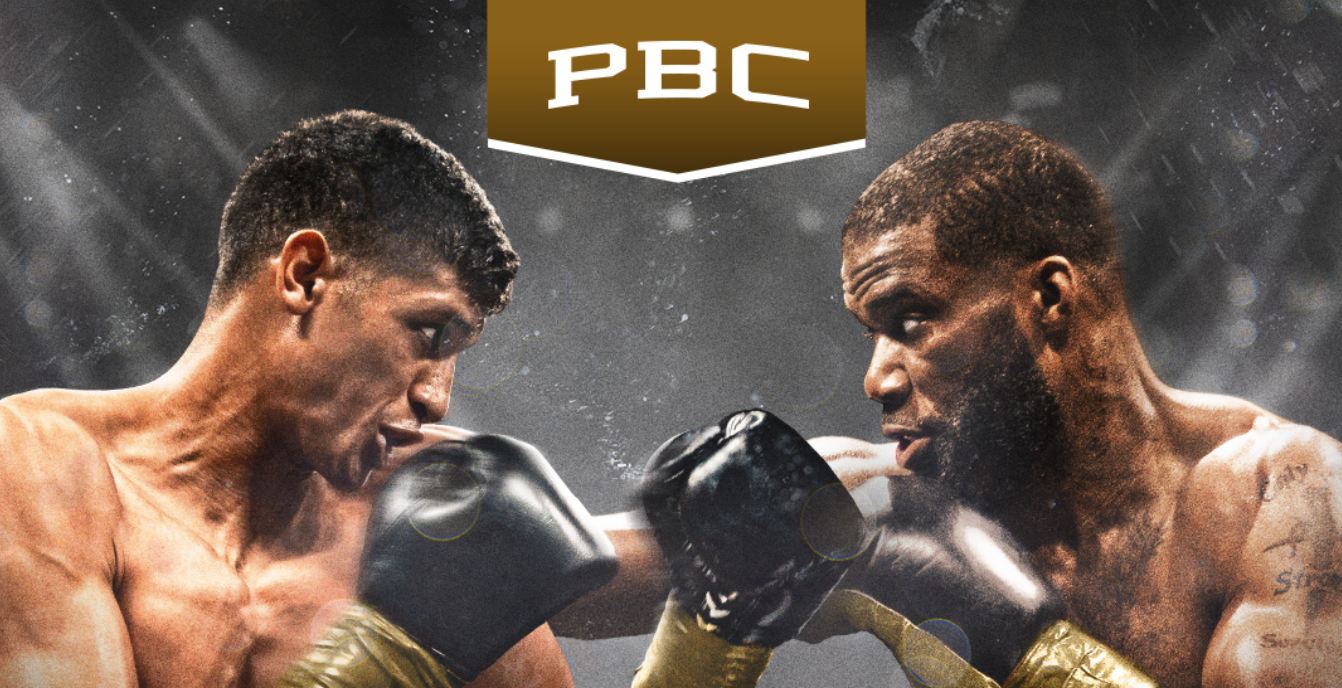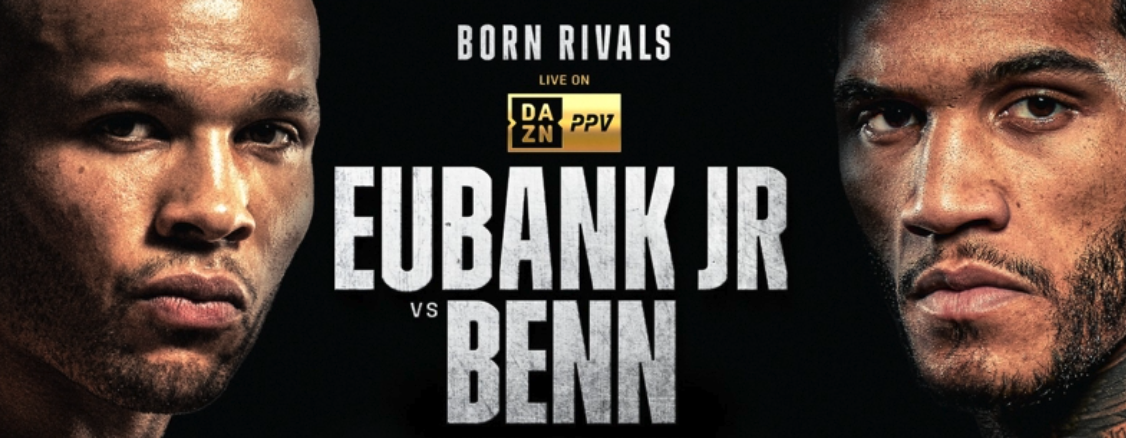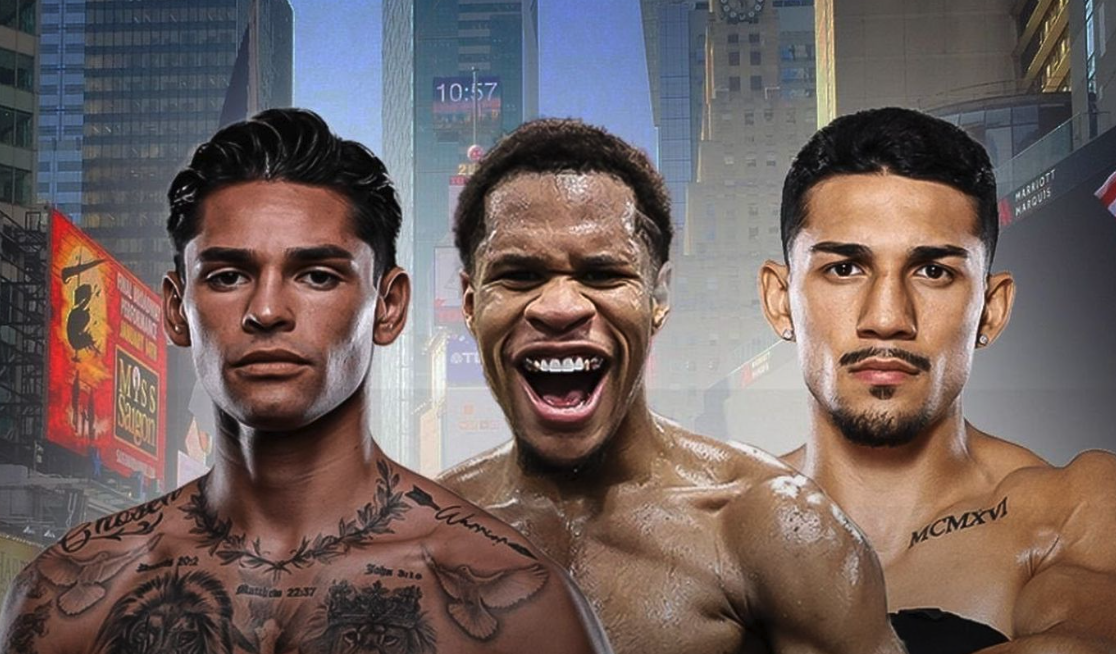Dana White slams boxing: All Those F****** Guys Are Overpaid!

For years, UFC president Dana White has shrugged off criticism regarding fighter pay.
A plethora of MMA fighters, including his own, have called for increased compensation, but the issue has remain unsolved as some fighters still only bank $10,000 a bout.
UFC is worth roughly $700 billion, while White has accrued $350 million over five years.
While some of his top fighters, like Kamaru Usman and Conor McGregor, who fought Floyd Mayweather in 2017, are consistently trying to promote crossover bouts to receive a payday they can't receive with White, rising MMA star Paddy Pimblett is more blunt with his feelings on the matter.
When asked if he would be interested in fighting four times a year in the UFC, Pimblett (18-3) laughed at the idea.
“I make more money outside the octagon. And it makes me laugh when people are commenting on my stuff and things saying, ‘He’s not active enough. He doesn’t fight enough. He should be fighting four times a year.’ Why? Why should I fight four times a year? Give me a reason when I’m earning more outside the cage than I am in it.”
Although some of his most popular fighters are indicating he is the problem, White thinks the real issue is that boxers are overpaid.
“There’s always gonna be head butting [on pay]. Do you make enough money? Do you? I want to meet that guy that goes, ‘Oh, I’m good. I make plenty of money. I don’t need another dime.’ You’re never going to meet that guy. It’s never going to happen. Everybody wants more money. And one of the big problems with boxing too, is that all those f------- guys are overpaid, and every time they put on a fight, it’s a going-out-of-business sale. We’re just trying to get as much f------ money as we can from you guys, and then we’re out of here. We’ll see you in three years. You can’t build a league like that. You can’t build a sport. You can’t have 750 fighters under contract, making money, feeding their families every year, with that kind of mentality. It doesn’t work. You have to run a business," White told the Pivot Podcast.
“What we did it we built a business model where, if you’re the champion, you share in the pay-per-view revenue. If you’re the guy headlining the card, or there’s been some special occasions where we know you’re bringing in the money, too, and you’re a big draw so you, too, get to share in the pay-per-view revenue. You eat what you kill. The truth is, you get some of these guys that — you can walk in and say, ‘I want $30 million dollars.’ OK, based on what? I do too. Give me $30 million. We all want $30 million, but based on what? And you’re never going to have the guys on the other side worrying about the business of the sport. Because this isn’t a team sport. ... In this sport here, it’s about me. ‘I’m the biggest f------- star here. I knocked out 30 people. I did this, I did that. I want as much money as I can get, and I really don’t give a sh!t about anybody else, including you, the boss that runs the business. I don’t care about this whole business. It’s about me.’
“So you have to maintain some sort of control over that type of stuff to run a real business, because at the end of the day, the reason this business has been this rocket ship of success is because not only have we built a solid [business] where these fighters are all making lots of money and doing well — even guys that are journeymen [are doing well].”
.jpg)
.png)
.png)
.jpg)
.png)
.jpg)
.jpg)


